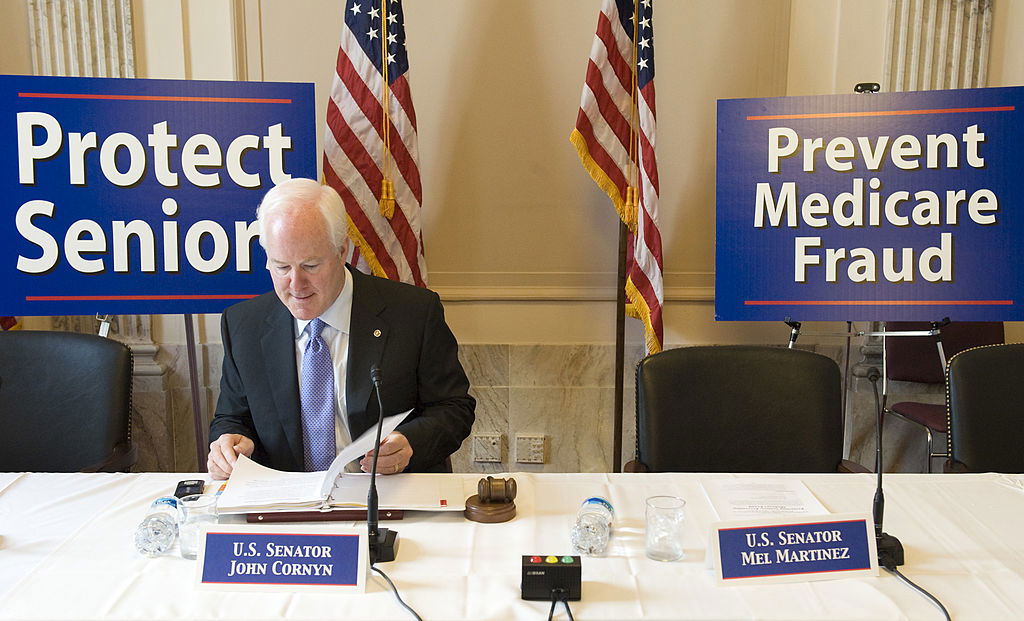One Missouri City, Texas, couple discovered what happens when you defraud the government.
According to KPRC News, 72-year-old Vincent Nwabeke and his wife, 71-year-old Victoria Nwabeke, were sentenced on Oct. 5 for their roles in using the home healthcare service they ran to defraud Medicare. Judge Alfred Bennett ruled that the pair collectively would pay slightly over $9.5 million restitution and serve time in prison for their roles in a scheme where they billed Medicare for unnecessary services for their patients.
Vincent will serve one year and one day in federal prison, paying Medicare $1,084,996. His wife, Victoria, will serve four years in federal prison, followed by three months of supervised release and repaying Medicare $8,523,917. The septuagenarians will remain free on bond and turn themselves in at a facility to be chosen later.
The Nwabekes ran Vital Ambulatory Healthcare Inc. from 2012 to 2018. Victoria would get referrals by paying marketers and patients money. She also bribed doctors so they would authorize medically unnecessary services for the clients of Vital Ambulatory Healthcare. In addition to being a co-owner, Vincent served as the chief financial officer of Vital, and he admitted in 2018 that he attempted to cook the pair’s books so that it appeared that the kickbacks his wife paid out were legitimate business expenses.
According to the Texas Attorney General’s office, there have been multiple multimillion-dollar Medicare/Medicaid fraud cases in the state in 2023. The Nwabekes case is the latest to result in a sentence and a significant restitution plan. A case was resolved in August that was prosecuted under the Texas Medicaid Fraud Prevention Act involving several drug manufacturers. In that case, drug manufacturers Shire PLC, Baxter International Inc., Baxalta Inc., Viropharma Inc., Takeda Pharmaceuticals U.S.A. Inc., and Takeda Pharmaceuticals America settled with the State of Texas to pay $42 million as part of an agreement. Since 2000, Texas has recovered nearly $2.5 billion in taxpayer money defrauded by individuals or corporations committing fraud by using the Texas Medicaid Fraud Prevention Act to prosecute those entities or individuals.
According to the Senior Medicare Patrol’s website, Medicare fraud costs approximately $60 billion annually.
